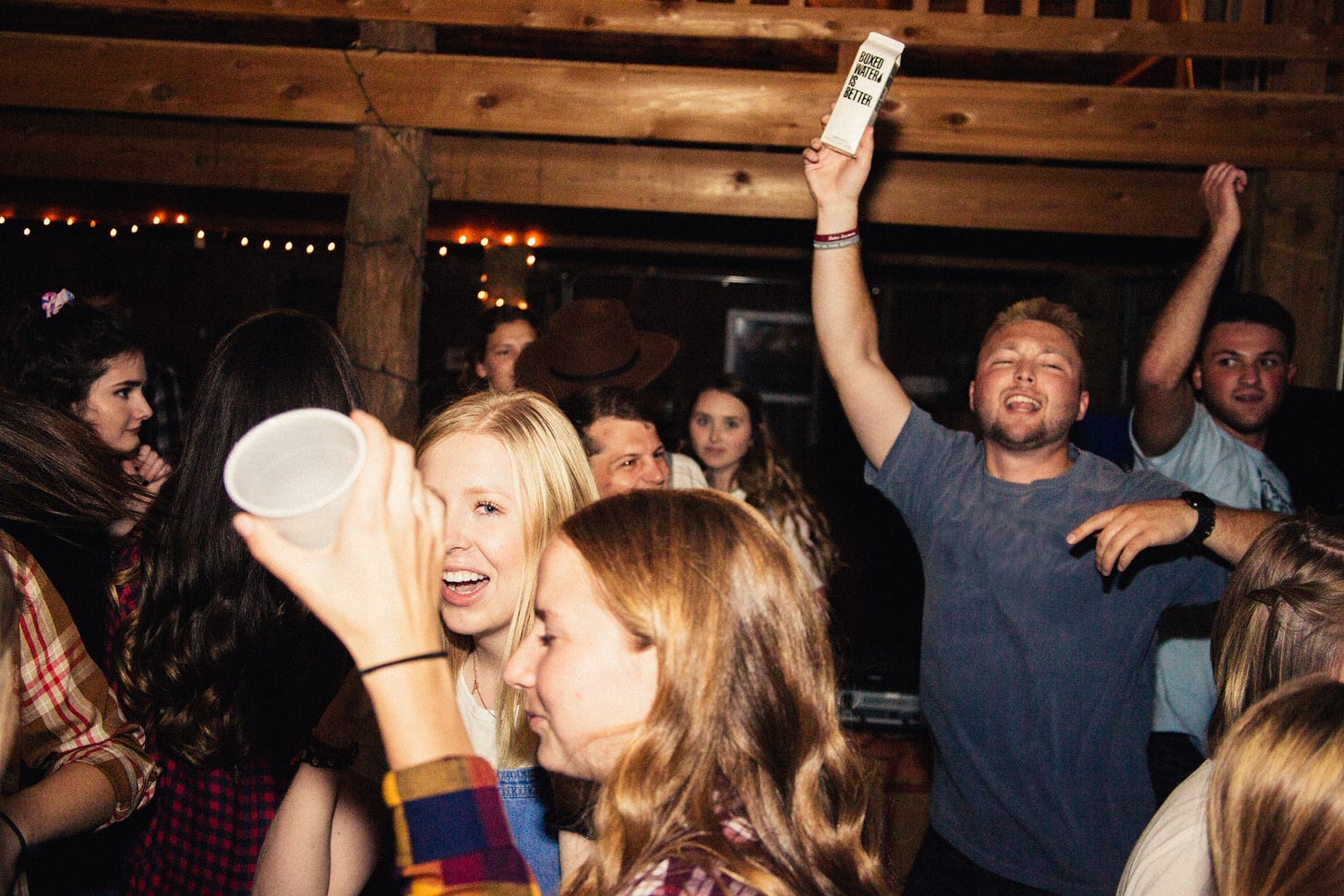Behavioural science themes for 2021
Our look at some of the key topics that we may be looking at in 2021
2020 was a year in which behavioural science was making headline news, as suddenly we all needed to understand behaviour. There was no medical solution for COVID earlier this year, so we had to change our behaviour. And fast. Now at the end of the year, we are amazingly at a point where vaccinations are being rolled out. But there is a long way to go. Behavioural science continues to be hugely important to understand a whole host of issues that we face, not least building confidence in COVID vaccines.
So my colleague, Tamara Ansons, and I felt this was a good point to look forward to 2021 and anticipate some of the behavioural science themes and issues that we will be considering. Here is our take:
DESIRE FOR THE FUTURE LOWERS OUR GUARD
Positive fantasies about the future allow people to anticipate and mentally experience a desired future whilst in the present. Perhaps particularly relevant given there is much anticipated desire for a ‘return to normal’ once vaccinations are in place.
Of course, some degree of optimism about the future is important as a way to maintain positive behaviour. But the danger is that too much can mean we make our desired target part of who we are now. While this might make us feel better about ourselves right now, it can mean that we have low motivation to actually work towards the goal.
There has been so much anticipation of ‘life after COVID’ that we suspect there is danger we may see people start to work less hard at health protection as the anticipation of a ‘return to normal’ looms ever larger in peoples’ minds.
To read more see: Kappes, Heather Barry and Oettingen, Gabriele (2011) Positive fantasies about idealized futures sap energy. Journal of experimental social psychology, 47 (4). pp. 719-729. ISSN 0022-1031
EXCUSING OUR BEHAVIOUR BY OTHERING THE PROBLEM
Over the course of 2020 we have suddenly all become acquainted with how we manage risk. Even the simplest of activities, such as shopping, have become an exercise in risk management.
One of the key themes we see emerging is the way we can ‘other’ rule breaking – making it something that ‘other people’ do such as celebrities or young people, groups that are regularly held up as the problem across much of the media.
However, the evidence suggests that when we take risks and break the rules, we justify it to ourselves by thinking it is only a minor infringement compared to people that we consider are the ‘real rule breakers’. Which it may well be, but of course COVID does not make the same fine judgements. How we think about and manage these risks will be a big theme for 2021.
To read more see: Together Apart: The Psychology of COVID-19 (2020) by Jolanda Jetten, Stephen D. Reicher, S. Alexander Haslam, Tegan Cruwys
DANGER OF MORE SHOCKS
We often do not notice small increments of change until it is too late. This is because we master our environment by processing information automatically: when we see an anomaly that is more clearly out of synchronization, due to it being in the conflict with our expectations, then we pay attention.
We have seen how, across a range of issues, people have started to notice that incremental changes have led to a point where experience has reached is out of synchronization with expectations. On health, climate change, social justice the incremental changes have led to an out-of-synch set of expectations with experience. As we have seen, this is creating significant protest and backlash.
We expect that through 2021 we will see more conflict detected as people become aware of the way in which incremental changes have added up to something more substantial. And with this we can expect more social and political upheaval.
To read more see: Venkatraman, Vinod and Wittenbraker, John, Disrupting Dual Systems: A Dynamic Decision-Making Framework for Human Behavior (May 21, 2020). Fox School of Business Research Paper Forthcoming, Available at SSRN: https://ssrn.com/abstract=3607481
GREATER EMPHASIS ON EVERYDAY-JOY
It is well known that positive experiences bring more happiness than possessions. The difficulty is that COVID has meant that the things we can do to have these positive experiences are limited.
This is particularly the case for extraordinary experiences, that go beyond everyday life. A special holiday for example. While it has long been known that young people tend to be drawn to more extraordinary experiences, COVID has meant that these are simply not available for any age group.
As we get accustomed to our more constrained lives in 2021, we suspect it will be increasingly understood that appreciation of the mundane, ordinary moments in life is key to achieving happiness. As such we will see more desire for ordinary experiences, more everyday experiences when we ‘stop and smell the roses’.
To read more see: Amit Bhattacharjee, Cassie Mogilner, Happiness from Ordinary and Extraordinary Experiences, Journal of Consumer Research, Volume 41, Issue 1, 1 June 2014, Pages 1–17, https://doi.org/10.1086/674724
THE SOCIAL DIMENSION OF OUR LIVES IS PUT IN FOCUS
There is a great deal of evidence, not least from emergencies and disasters, that people are motivated to act in a very responsible and pro-social way. Indeed, swathes of the population are motivated to get vaccinated for COVID to protect others.
The impact of COVID, from supply chains to virus transmission, has helped us to see the very social and interconnected lives we lead. In 2021 the social nature of our beliefs will be much more understood, not least relating to the huge issue of confidence in COVID vaccines. We will see more clearly that if we want to tackle disinformation on this and other topics then social solutions are needed, such as through becoming trusted members of the communities who hold challenging views.
To read more see: Tamara Ansons: Vaccine Hesitancy: Understanding Belief Formation at https://www.ipsos.com/ipsos-mori/en-uk/vaccine-hesitancy-understanding-belief-formation
While we are pretty sure that these are themes that will be important, we also have no doubt there will be plenty of other ways in which we will be drawing on insights from behavioural science to help explain and engage with the challenges we face in 2021. The one thing we did learn over 2020 is that it’s not always easy to anticipate the future!






